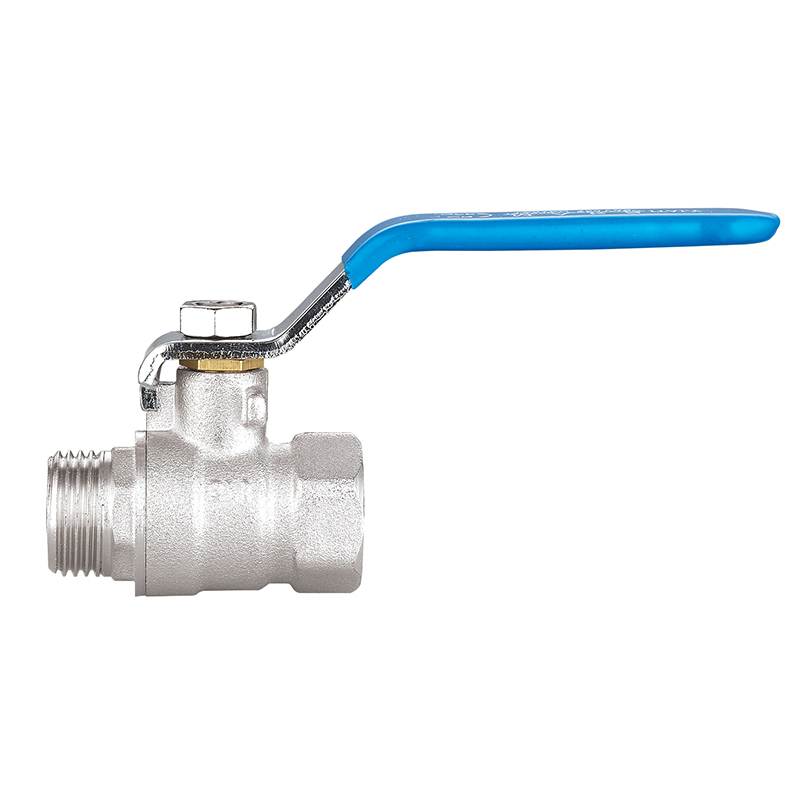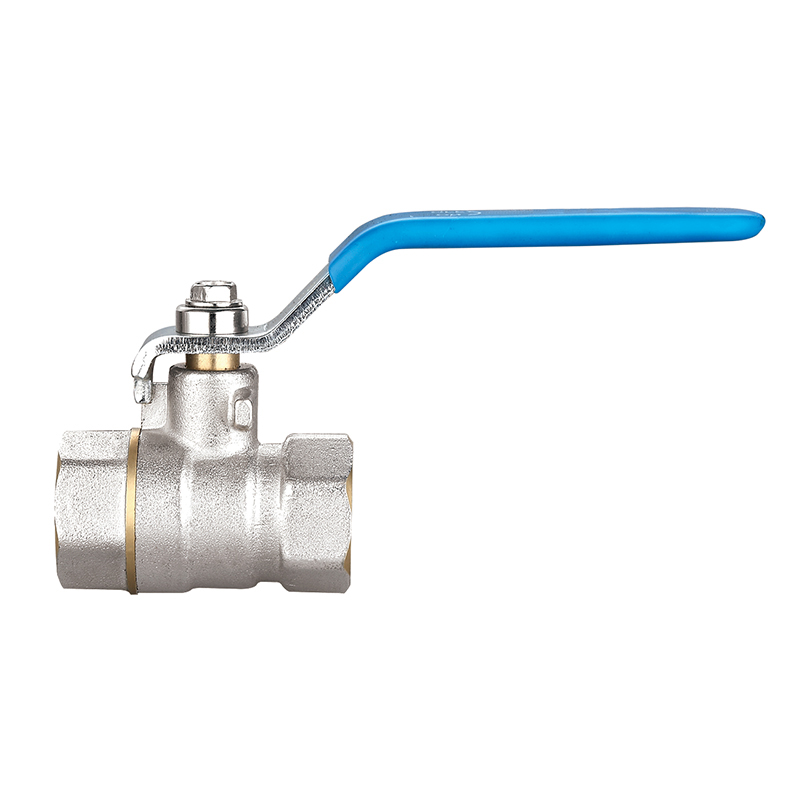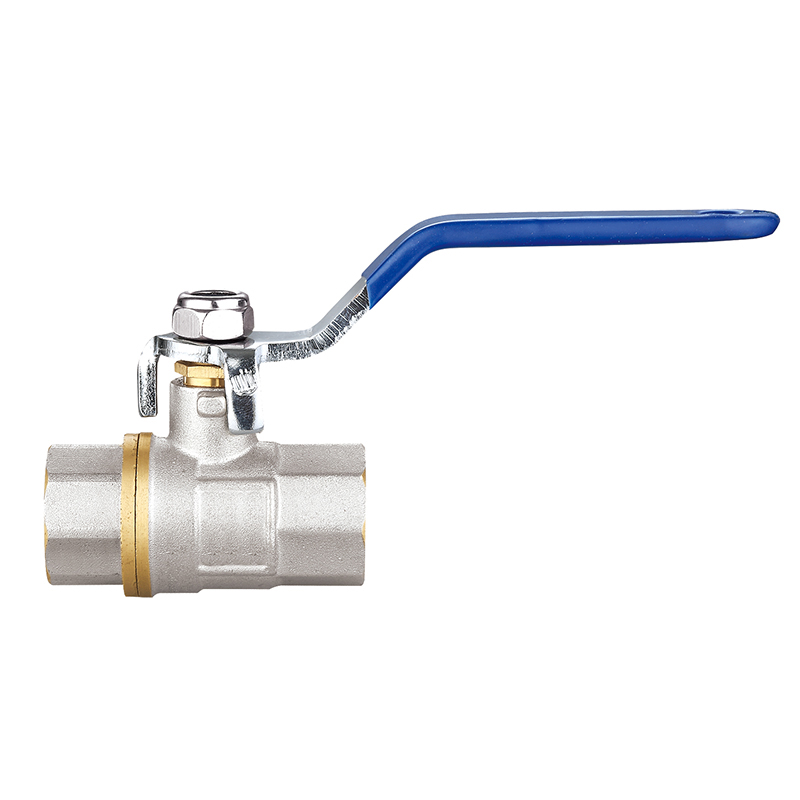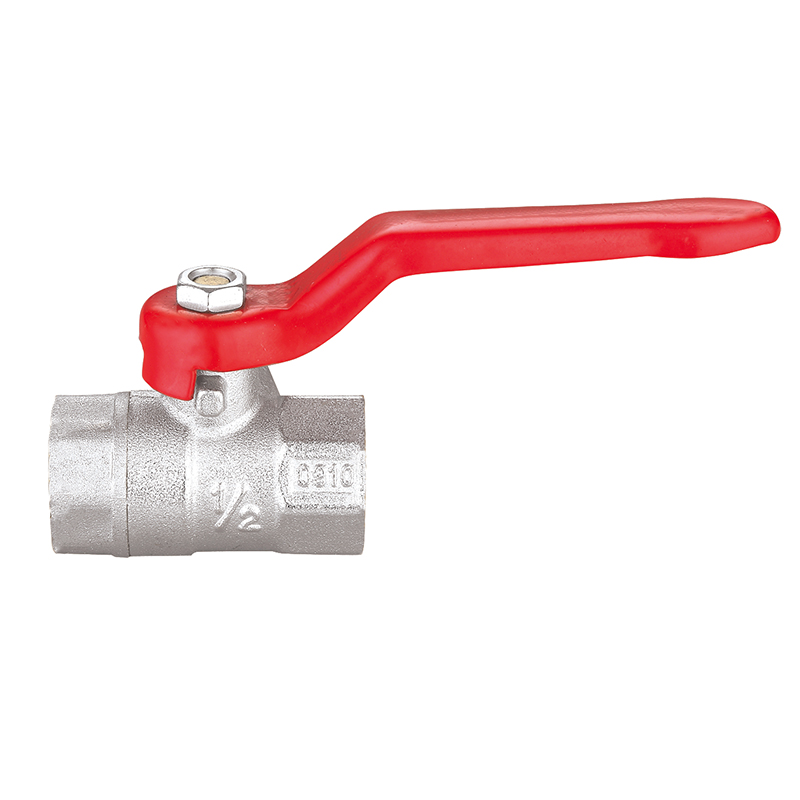Brass Ball Valve: Will It Rust Outdoors?
2025-09-05
When you install a Brass Ball Valve on an exterior line—say, for a garden irrigation system or a pool pump—one worry quickly surfaces: “Will it rust outdoors?” The short answer is no, it will not rust in the way carbon steel does, yet the longer answer reveals nuances that every consumer should understand before leaving brass exposed to rain, sun, and road salt.
To begin with, remember that brass is an alloy of copper and zinc, sometimes with trace lead, tin, or nickel. Iron, the element that literally turns into rust (iron oxide), is absent from the recipe. Therefore, the reddish-brown flaking we associate with “rust” will not appear on a Brass Ball Valve. Instead, brass undergoes a surface reaction called dezincification. Moist air, acidic rain, and chlorides leach zinc out of the alloy, leaving behind a porous, pinkish layer of copper. Over time the surface may pit and lose strength, but it will not swell and seize like a rusted gate hinge.
Dezincification sounds ominous, yet in residential settings it is usually slow, taking years or even decades to threaten function. The rate depends on water chemistry and environmental load. Coastal fog rich in salt accelerates the process; a backyard in arid Arizona slows it dramatically. You can slow it further by choosing valves labeled “DZR” (Dezincification Resistant) or “CR” (Corrosion Resistant). These alloys add arsenic, phosphorus, or nickel to lock the zinc in place, and they meet standards such as ASTM B584 or EN 12165.

Even if the alloy is top-tier, installation details matter. Mount the valve so it can drain completely when closed; standing water inside invites chloride buildup. Pair it with PTFE-threaded joints and a light coat of silicone-based grease on exposed surfaces. The grease acts like car wax, shedding water and UV while remaining food-grade safe for potable lines. For buried service, wrap the body in self-amalgamating tape or place it inside a valve box to limit electrolytic contact with dissimilar metals.
Aesthetics also count. Raw brass darkens into an attractive bronze patina that many homeowners like, but if you prefer a factory-bright finish, look for chrome-plated or powder-coated models. The extra layer adds a sacrificial barrier that slows both dezincification and the natural tarnishing of copper.
Finally, inspect annually. Turn the lever through a full cycle; it should move smoothly without grinding. If pinkish spots appear or the handle stiffens, replace the valve before pitting compromises the seal. A quality Brass Ball Valve costs only a few dollars more than a generic steel unit, and in return you get decades of maintenance-free service—provided you respect the alloy’s quirks.
So, will a Brass Ball Valve rust outdoors? No, but it may corrode in its own fashion. Choose a DZR alloy, install it correctly, and give it an occasional glance. Do that, and the valve will outlast the very piping it controls.
Whether you want to become our partner or need our professional guidance or support in product selections and problem solutions, our experts are always ready to help within 12 hours globally.




 русский
русский Español
Español عربى
عربى




